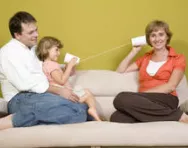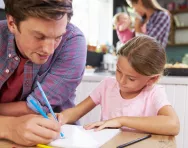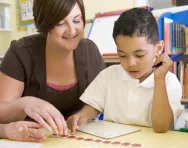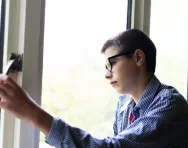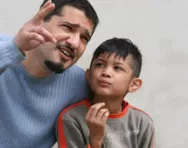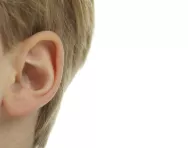TheSchoolRun.com closure date
As we informed you a few months ago, TheSchoolRun has had to make the difficult decision to close due to financial pressures and the company has now ceased trading. We had hoped to keep our content available through a partnership with another educational provider, but this provider has since withdrawn from the agreement.
As a result, we now have to permanently close TheSchoolRun.com. However, to give subscribers time to download any content they’d like to keep, we will keep the website open until 31st July 2025. After this date, the site will be taken down and there will be no further access to any resources. We strongly encourage you to download and save any resources you think you may want to use in the future.
In particular, we suggest downloading:
- Learning packs
- All the worksheets from the 11+ programme, if you are following this with your child
- Complete Learning Journey programmes (the packs below include all 40 worksheets for each programme)
You should already have received 16 primary school eBooks (worth £108.84) to download and keep. If you haven’t received these, please contact us at [email protected] before 31st July 2025, and we will send them to you.
We are very sorry that there is no way to continue offering access to resources and sincerely apologise for the inconvenience caused.
Improve your child’s speech and language skills

The Government-commissioned Bercow Review suggests that around 40,000 children, or 7%, are beginning primary school in England with significant difficulties with their speech and language.
In areas of social deprivation up to 50 per cent of children may have speech and language skills lower than the levels expected for their age.
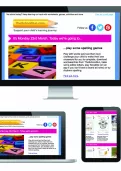
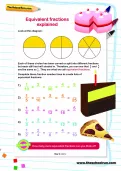
Boost your child's maths & English skills!
- Follow a weekly programme
- Maths & English resources
- Keeps your child's learning on track
John Bercow says communication skills that are essential to life are not being prioritised in schools, especially in the early years.
What support is there for children's speech and language?
“One of the biggest problems we see is that there is no joined up working between schools and health authorities,” says speech therapist Lisa Houghton. “A child may be referred for speech and language therapy, and a therapy programme devised, but classroom teachers aren't being given the help they need to support that programme or to integrate the child's needs into their teaching of the curriculum. We would like to see a formal liaison process involving teachers, support staff and healthcare professionals.”
In 2007 Lisa co-founded Talking Tots, a pre-school speech and communication activity group, with fellow paediatric speech and language therapist Tracey Park in an attempt to address this issue.
She adds, “More must be done in the pre-school and Reception years to identify children with speech and language problems – a child of five with an undiagnosed issue simply isn't able to access the curriculum at the appropriate level and will quickly fall behind.”
What can you do to support your child with speech and language skills?
Remember not to panic. Lisa says, “In most cases where parents are concerned about a child's speech or language, the issue will resolve itself over time, and the child will catch up without any long-term problems. However, it is important to contact your GP and ask for a referral if you suspect there's a problem: research shows the earlier therapy is provided, the less chance there is that your child will fall behind. Ask for a second opinion if you think it's warranted.”
She adds, “If you feel your concerns aren't being taken seriously, you can document your child's communication. Transcribe examples of your child's speech; make a note of his language and any peculiarities you observe. This information can help a speech and language therapist identify if there is a problem.”
Talking Tots' top tips to support your child's speech and language
- Don't just assume things about your child – ask them questions about what they would like.
- Provide a commentary to the day. Talking about what you’re doing together helps your child associate words with what they see.
- When you read stories, do it with silly voices and sound effects. They give children the message that new words and sounds are fun.
- Don't correct your child if they mispronounce a word – you might discourage them from trying new words next time. Instead, use the correct words yourself.
- Use simple games to introduce numbers, colours and letter sounds. Ask your child to find the red blocks when you are building towers, count the stairs on the way to bed, play ‘I Spy'.
- Use everyday experiences to teach new words. When you sort laundry, talk about the colours and shapes. In the kitchen, let your child help measure and mix ingredients. This helps your child build complex, descriptive language skills.
For more information on Talking Tots visit www.talkingtots.info
